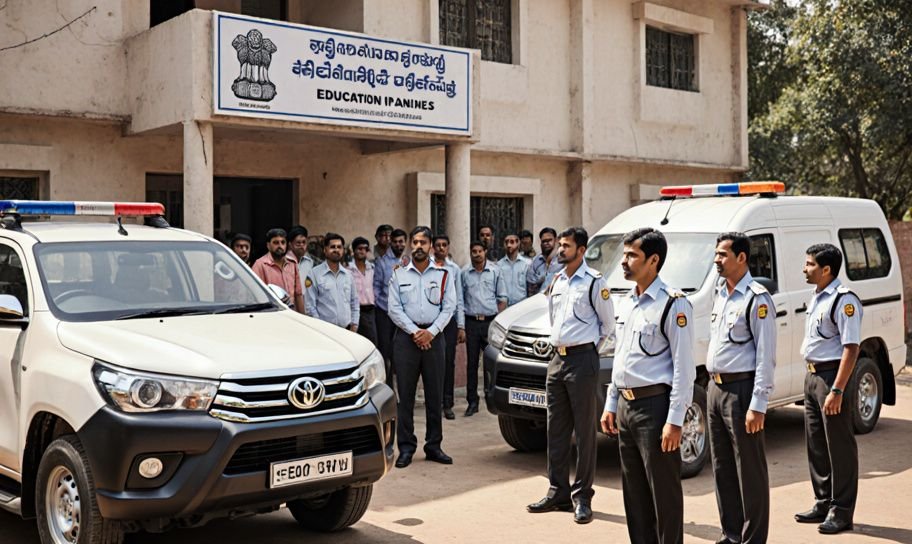
Recently, the court turned down a request from Canara Bank about some properties they wanted back. These properties were seized because of an old issue with a school trust. Let’s break it down.
The main player here is Canara Bank, represented by Sri Jaleesh Dinakaran. They were up against the states of Telangana and Andhra Pradesh, and a few educational trusts, including Keshava Reddy Educational Trust.
Back in 2013, Canara Bank gave a loan to Keshava Reddy Educational Trust. To secure this loan, some properties were promised as collateral. But in 2016, Andhra Pradesh decided to seize these properties. Why? Because there were criminal cases against the trust for allegedly cheating small-time investors.
Canara Bank wasn’t happy. They started legal proceedings under the Debt Recovery Act and the SARFAESI Act. They wanted the properties back to recover their loan. They even got a favorable decision in 2024, but the properties were still seized.
The case was heard by Chief Justice Sri Aparesh Kumar Singh and Justice G.M. Mohiuddin. Canara Bank argued that the seizure violated the SARFAESI Act. They mentioned past cases where similar seizures were overturned.
However, the court pointed out that the seizure was part of criminal proceedings. These proceedings were under a special law in Andhra Pradesh aimed at protecting investors. The court said:
"The cause of action for agitating the grievance arises out of attachment proceedings under Section 3 of Act of 1999."
The court decided it didn’t have the right authority. The properties were in Telangana, but the legal issues were rooted in Andhra Pradesh. The court emphasized that:
"The cause of action arising out of such attachment lies within the territorial jurisdiction of the High Court of Andhra Pradesh."
Canara Bank can still pursue other legal options in the right court. But for now, this request is dismissed.
The court's decision highlights the complexity of property and loan issues when they’re tied up with legal and criminal proceedings.